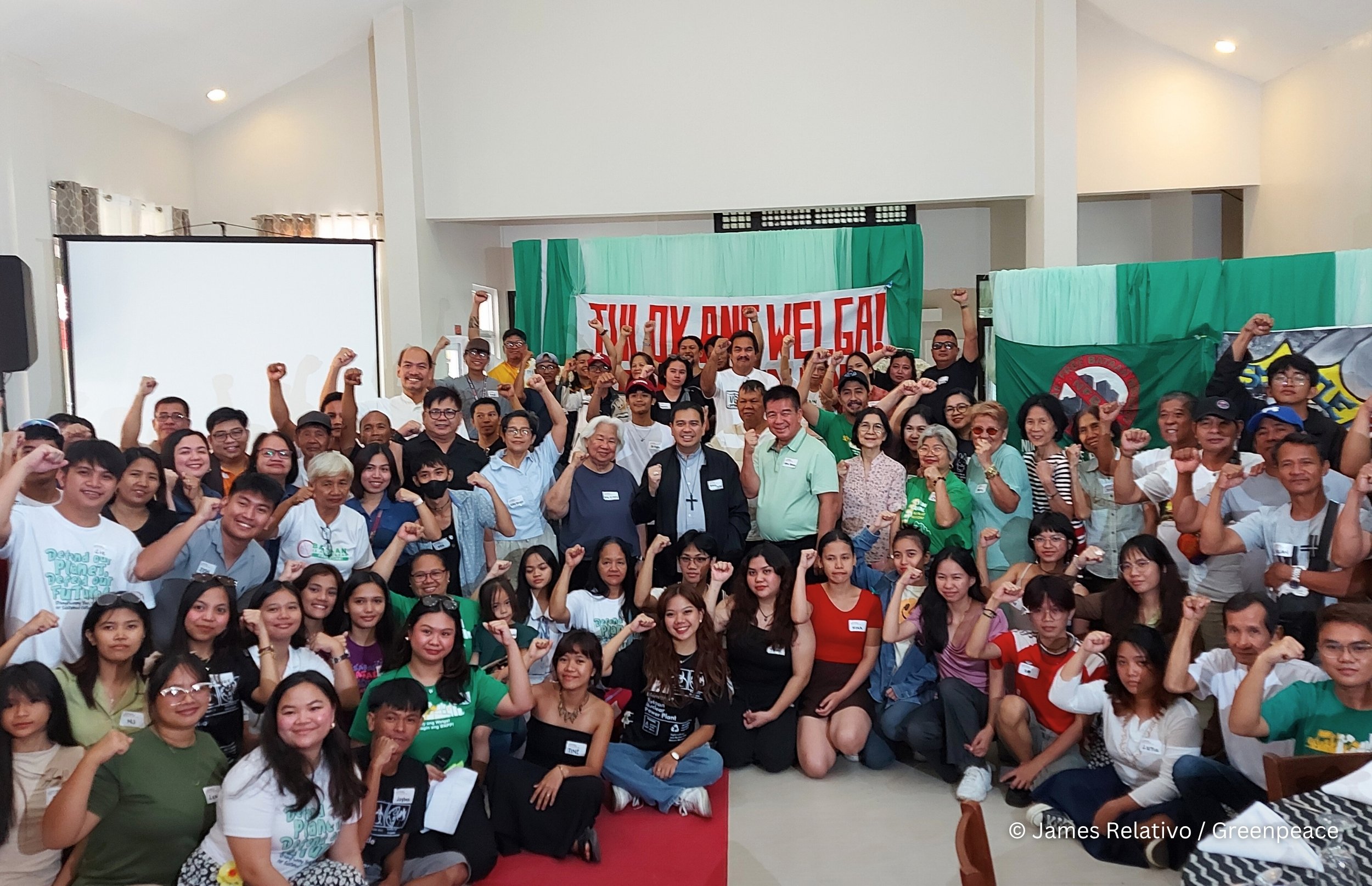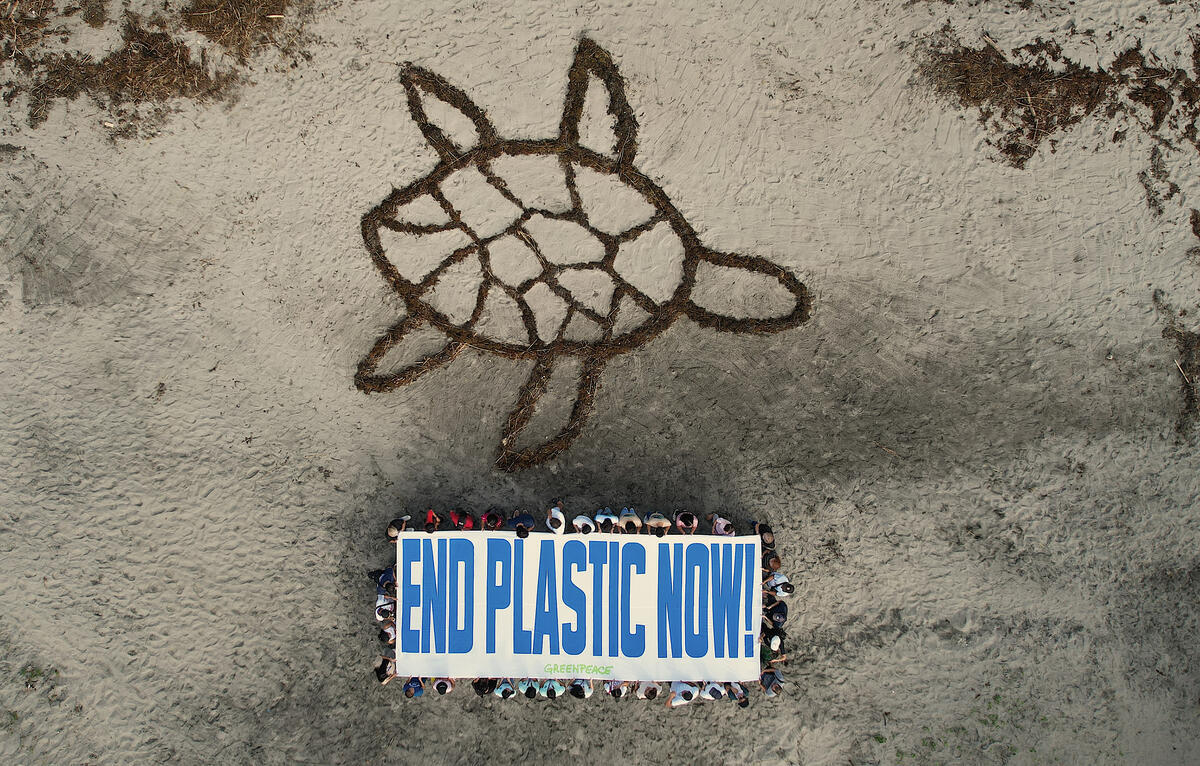‘No more marine animals, just pure plastics.’
From the depths to the surface, the transformation of our oceans over recent decades has been alarming because of plastic pollution. A growing plastic smog, now estimated to be over 170 trillion plastic particles, is choking our world’s oceans. Single-use plastics have also been found in pristine waters around the world, including the Verde Island Passage in Batangas, supposedly the epicenter of the world’s marine biodiversity.
Freediver Chuck Armoreda has experienced this change intimately, diving into waters once rich with marine life but now increasingly overrun by single-use plastics. In an interview, Chuck shares his firsthand observations, shedding light on the plastic crisis affecting our oceans and highlighting the urgent need for action to preserve these vital ecosystems.
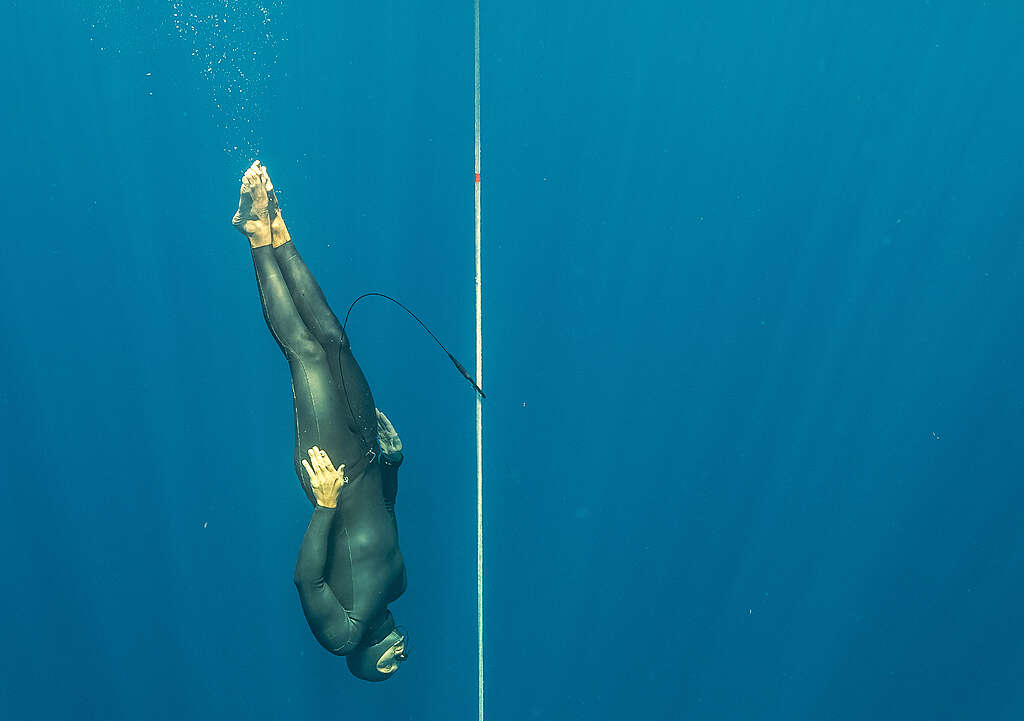
“Our oceans before, they’re cleaner,” Chuck recalls, reflecting on the stark contrast between the past and present. “Our oceans now, first, the sea level has increased. There are some areas in Bohol [that are starting to sink]. There are also a lot of microplastics in the oceans now: all types of plastic from soft drinks, water bottles, straws, diapers, and many more.”
Chuck’s observations highlight a troubling reality: plastic pollution is not just an eyesore but a pervasive threat to marine life and ecosystems. He notes the devastating impact on marine animals, often featured in heartbreaking videos and news reports. “If you watch the news or check TikTok videos about the oceans, you’ll see a lot of marine animals dying. Some of them have a lot of plastics inside their bodies like sea turtles and other marine animals. And also in our food, there are news reports [showing] that there are microplastics in our food. It is affecting animals and us humans, too.”
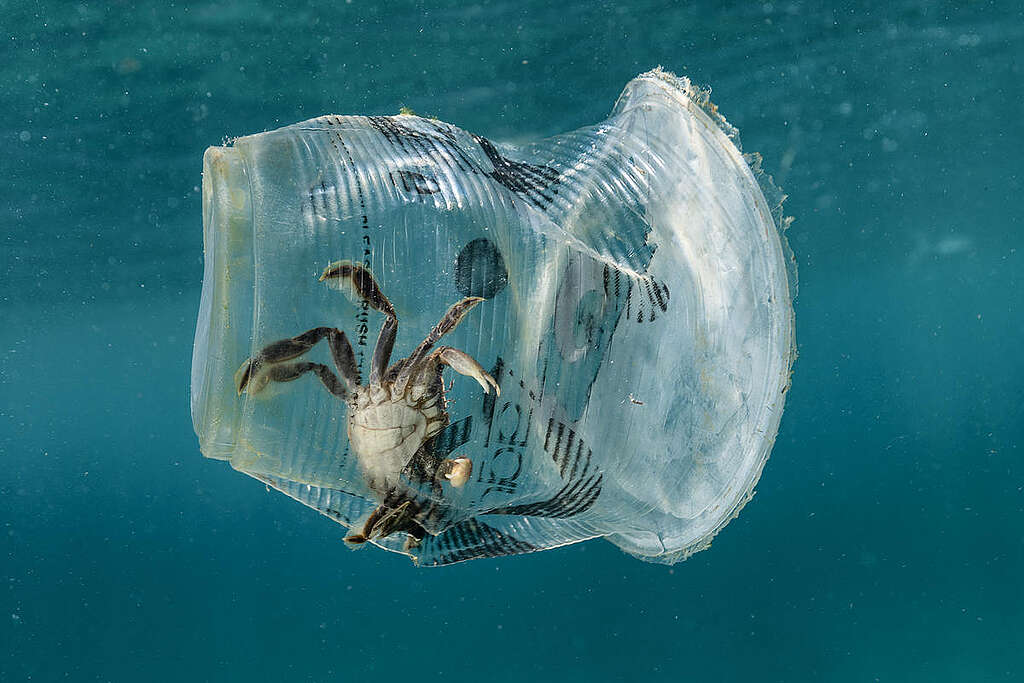
The scale of this crisis calls for robust solutions. Chuck emphasizes the importance of refill systems in reducing not only plastic waste but plastic production itself. “Refill systems can help reduce the amount of plastic that ends up in landfills and oceans. The demand for single-use plastics will also definitely reduce.”
He also highlights the need for stronger regulations on single-use plastics to effectively address the problem. On a larger scale, Chuck believes a strong Global Plastics Treaty can put an end to the plastic problem. “This is a global crisis. [The Global Plastics Treaty] is the only way for us to address plastic pollution. We are hoping that our world leaders will support this treaty.”
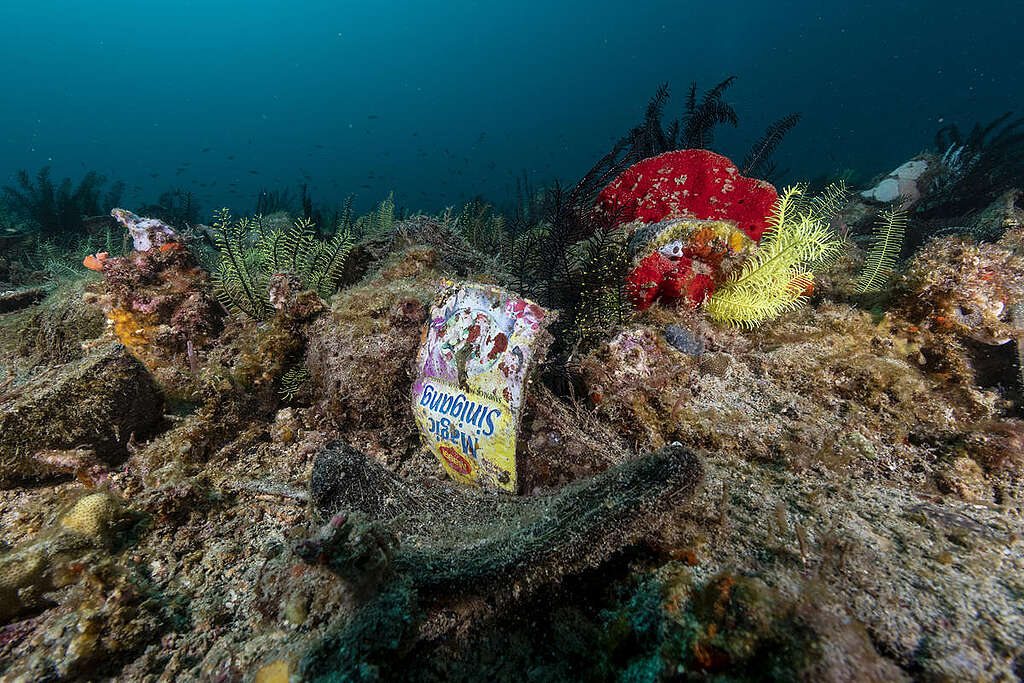
Despite the dire situation, Chuck remains hopeful for the future of our oceans. “I still have hope. If we start acting now, our oceans will be better, especially for future generations. But if we do not take any action, then we can expect the worst. Future generations will not be able to experience what we experienced before. In the future, the ocean might be dead. No more marine animals, just pure plastics. And that is sad for all of us, for humanity.”
Chuck’s words are a reminder of both the beauty and the fragility of our oceans. As we confront the plastic pollution crisis, his insights underscore the urgent need for action—locally, nationally, and globally—especially this Month of the Ocean. Only by addressing the root causes of plastic pollution, which is the relentless plastic production of corporations, and implementing strong policies can we hope to preserve our oceans for future generations.
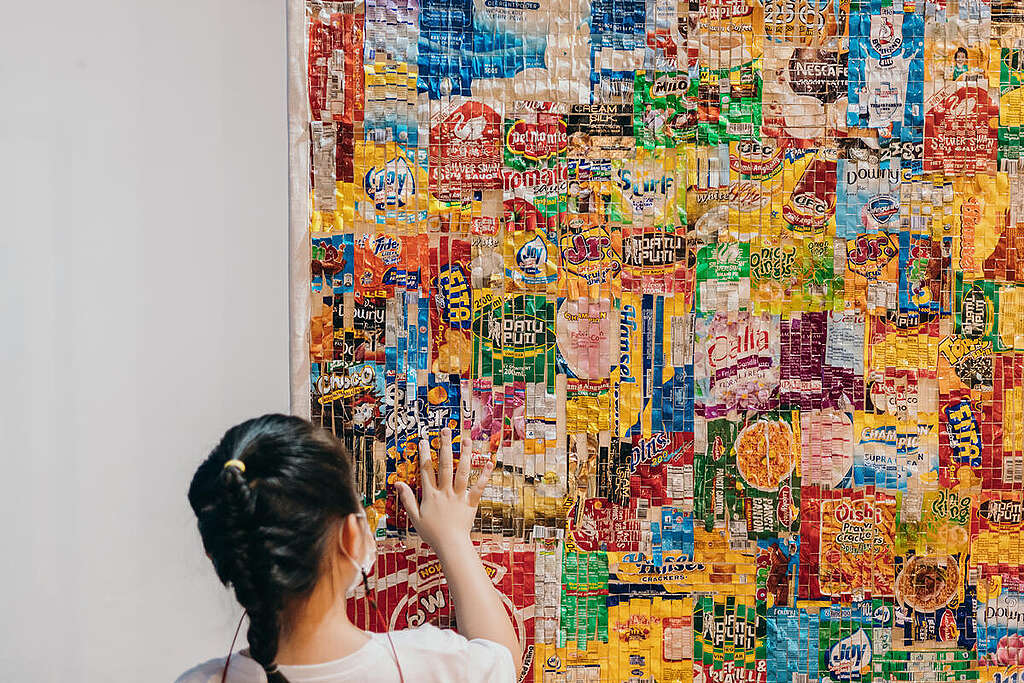
Together, let’s build a plastic-free future. Join us in our mission to eliminate plastic pollution and create a safer, brighter, plastic-free world for all.
TAKE ACTION
![[Blog] WHEN THE TIDE BECOMES THE TEACHER](https://www.greenpeace.org/static/planet4-philippines-stateless/2025/06/95c8411e-9a04f785-4293-46a6-a6cf-425f0a384682.jpg)
